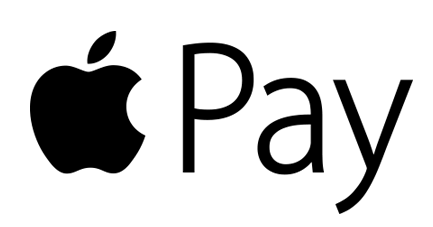Australia's biggest banks have lost a long-running fight to band together to boycott Apple Pay and negotiate on mobile digital wallets.
The Australian Competition and Consumer Commission officially denied Commonwealth Bank, Westpac, NAB and Bendigo and Adelaide Bank authorisation to collectively bargain with Apple over access to the Near-Field Communication controller (NFC) on an iPhone and boycott the Apple Pay service.
“The ACCC is not satisfied that the likely benefits from the proposed conduct outweigh the likely detriments. We are concerned that the proposed conduct is likely to reduce or distort competition in a number of markets.” ACCC Chairman Rod Sims said.
“While the ACCC accepts the opportunity for banks to collectively negotiate and boycott would place them in a better bargaining position with Apple, the benefits would be outweighed by detriments.”
Apple Pay, which allows iPhone users to make tap-and-go payments with their phones, launched in Australia in November 2015, but ANZ is still the only big bank to get on board.
The big banks’ opposition to this service is mainly centred on the 15 cent cut Apple takes from every $100 in transactions.
In mid-2016, the remaining big banks teamed up to apply to the ACCC to bypass anti-cartel rules and use their collective might to force Apple to open up mobile digital wallets to third parties.
The NFC allows for contactless payments to be made with a phone, and giving banks access to this would allow them to offer their own digital wallets without having to use Apple Pay. This would allow the big banks to keep taking a cut of each transaction, rather than Apple getting in on the action.
The banks argued that this would improve competition and choice for mobile payments, along with increasing innovation and investment in this area.
But in its decision, the ACCC said that while it would increase competition, the “likely distortions to and reductions in competition caused by the conduct would also be significant”.
The decision means that Australian iPhone users that aren’t with ANZ, American Express or a handful of smaller banks will have to wait even longer to get access to Apple Pay.
Three disadvantages
The ACCC said that authorising the banks to act collectively would have three likely detriments: disadvantaging Apple in its competition with Google’s Android phones, “artificially directing the development” of the mobile payments market towards the NFC controller, and reducing competitive tension between the banks.
The banks embarked on a last-ditch effort to convince the regulator late last year, issuing a 137-page submission stating that allowing access to the NFC would improve security and competition in mobile wallets.
But the decision shouldn’t come as a big surprise to the banks, with the ACCC releasing a draft determination also denying authorisation in November last year.
Banks will now have to negotiate with Apple individually to introduce iPhone payments for its customers, and will not be able to introduce their own digital wallets until this has been done.
Banks not happy
Shortly after the decision, the banks issued a joint statement saying they were “disappointed” by the ruling.
“This case has always been about consumer choice. The applicants made this application to seek to ensure they could participate in the future of mobile wallets, and not have the course of development for mobile wallets in Australia dictated by a single overseas corporation,” spokesperson for the banks Lance Blockley said in a statement.
“We are disappointed that the finely balanced draft determination was not tipped in the final decision, given our considerable effort to demonstrate the public benefits inherent in open NFC access, and the subsequent flow on benefits for mobile wallet innovation and competition in Australia.”
The resistance from the big banks has slowed Australia’s embrace of mobile payments. While 60 per cent of all payments are now contactless payments, only about 2% per cent of these are made with a mobile phone.










